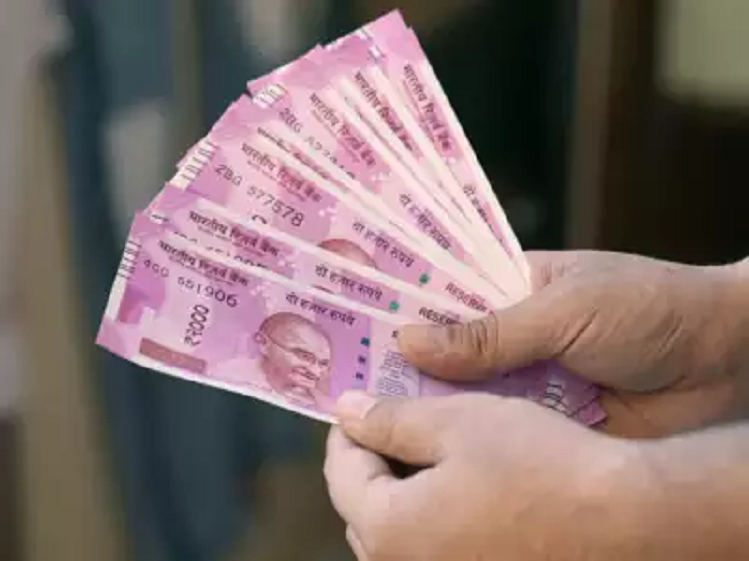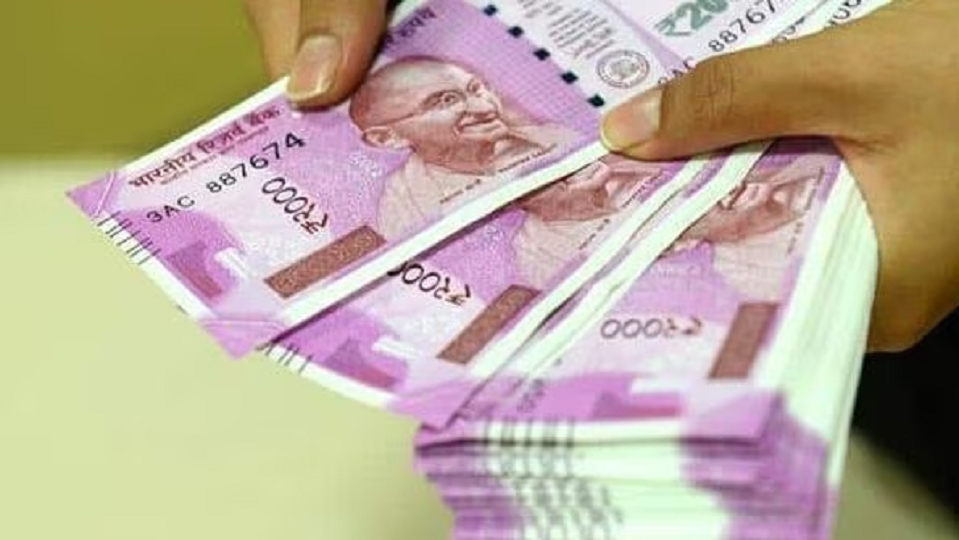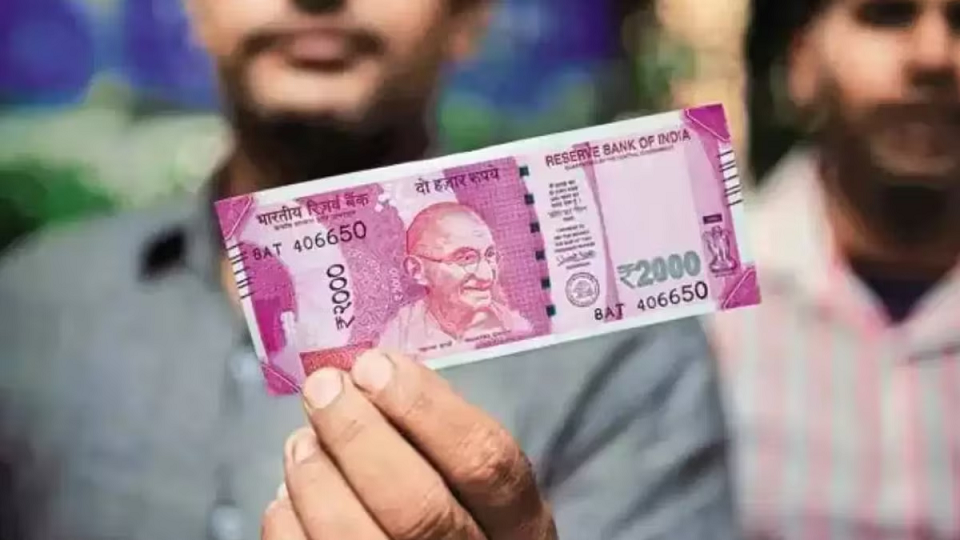
PC: India Today
The deadline for depositing or exchanging Rs 2,000 notes in banks is September 30. The Reserve Bank of India (RBI) announced on May 19 that it will phase out Rs 2,000 denomination bank notes and set a deadline for the public to deposit or exchange these notes. According to the RBI ₹2,000 notes worth Rs 24,000 crore are still in circulation.
Under the new rules, possessing Rs 2,000 notes after September 30 can be considered a crime. Given the large amount of Rs 2,000 notes still in circulation, there has been speculation about the possible consequences of missing this deadline. It is believed that in such a situation, RBI may extend the deadline for submitting the application.

PC: Mint
It is noteworthy that after the ban on Rs 500 and Rs 1,000 notes in 2016, the government had considered possession of notes of these denominations as a punishable offense. Those found in possession of more than 10 old notes of Rs 500 or Rs 1,000 will have to pay a minimum fine of Rs 10,000, with a provision of imprisonment. It is expected that after September 30, a similar penalty may be imposed on Rs 2,000 notes.
The Specified Bank Notes Act was enacted by the Parliament in 2017 with the aim of curbing the parallel economy. The Act also prohibits possession of more than 10 pieces of old notes for study, research, or numismatics, which is punishable by law.

PC: Good News Today
The decision to demonetize in 2016, which included the withdrawal of Rs 500 and Rs 1,000 notes, was taken by the central government under Prime Minister Narendra Modi based on RBI recommendations. The goal was to eliminate unaccounted money and counterfeit notes from the financial system. The law bans the possession, transfer, or receipt of old Rs 500 and Rs 1,000 notes after December 31, 2016.










